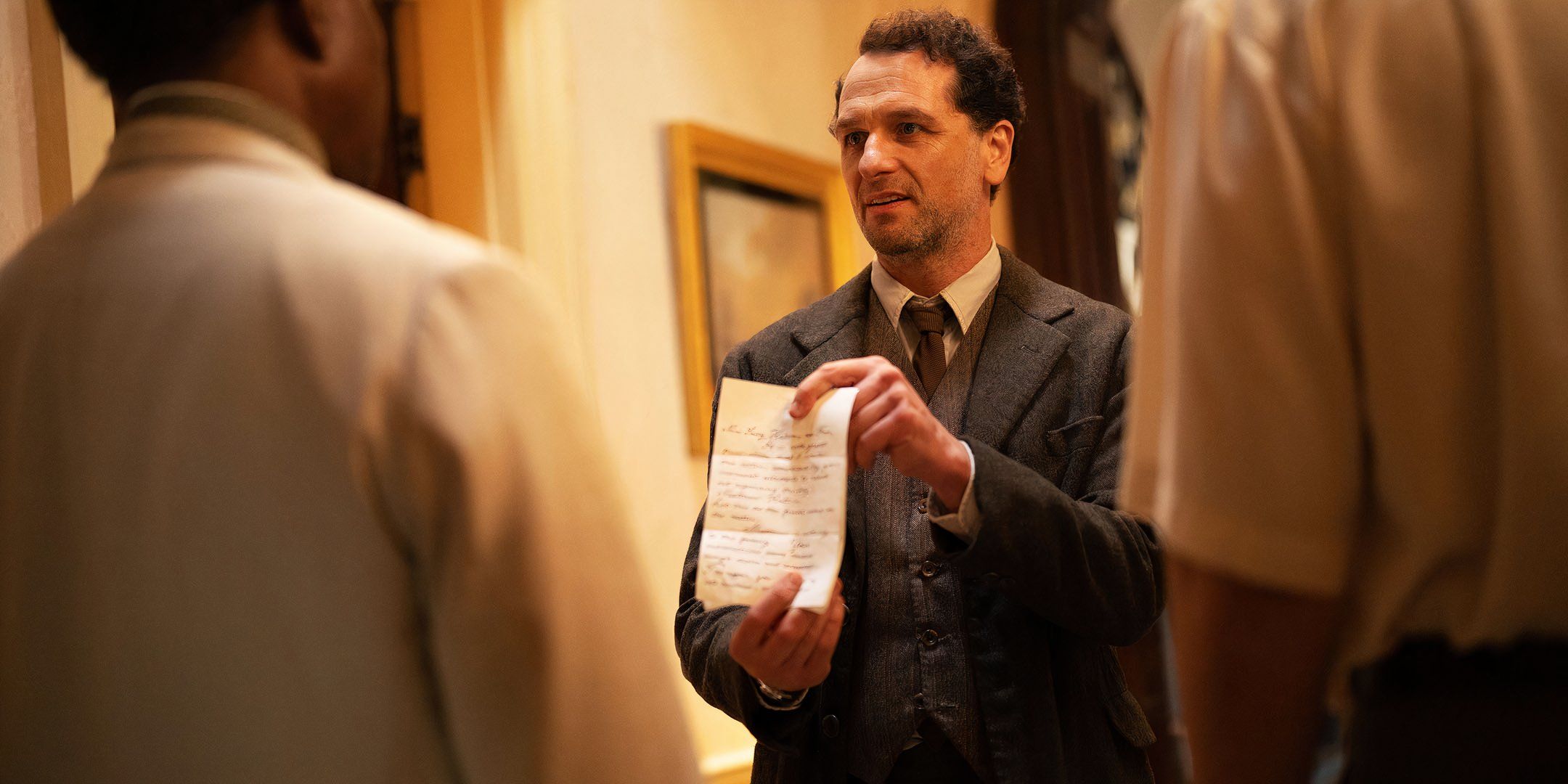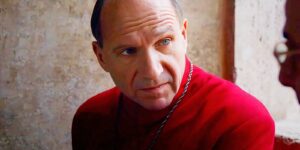I Can’t Believe This Show Is Less Faithful To Agatha Christie’s Books Than Its Characters Are To Each Other

Having practically perfected the genre, it’s no surprise that Agatha Christie’s works continue to be adapted for the screen in the midst of the ongoing whodunnit boom. While Kenneth Branagh’s Hercule Poirot films have been the most prominent of the bunch, the BBC has tried its hand at a variety of adaptations, the latest of which comes in the form of Towards Zero. Unfortunately, while the limited series certainly stands out from the group, it’s for almost all the wrong reasons.
Adapted from Christie’s 1944 novel of the same name, Towards Zero is set in the 1930s and centers on Neville Strange, a star British tennis player who is fresh off a scandalous divorce from his wife due to his affair with another woman, Kay, whom he promptly marries. As they prepare to celebrate their honeymoon, Neville and Kay decide to head to his wealthy aunt’s sprawling estate for a weekend gathering; his ex-wife, Audrey, is also there. When someone is murdered, a troubled detective arrives to untangle the complicated emotional webs among the guests.
Towards Zero Is More “Inspired By” Than “Adapted From”
The Show Changes So Much It Could Almost Be An Original Work
The past century has seen storytellers try their hand at adapting Christie’s works in a variety of ways, be they directly faithful to their source materials or loose adaptations of them. With Towards Zero, writer Rachel Bennette ends up favoring the latter, which is one of the most frustrating parts of the show. Christie’s original novel is already one of the more underrated in her bibliography, largely due to its minimal adaptation history, but it also had a fresh approach to her mystery formula by having the murder come late, thus creating a tense build-up to it.
…while the victim does come with the same level of impact on the characters as in the novel, it’s in the wrong order…
To her credit, Bennette does try to recreate this build-up by saving Towards Zero‘s big murder for the second half of the show. But while the victim does come with the same level of impact on the characters as in the novel, it’s in the wrong order, as another character meets their end before the main one. It was part of what made the book so suspenseful. The police were so quick to want to rule out their death as natural causes that our protagonists’ suspicions had us on edge, whereas their death in the show is routine for the genre.
It’s not just the deaths in the story that find themselves changed, though, as Towards Zero is so full of changes from Christie’s novel that it gradually begins to bear little resemblance to it. Character motivations are both changed and made far more complicated than in the novel, some characters are completely omitted entirely from the story, and plot events — delivered more ambiguously in the book — are explicitly answered in the show, thus undercutting their potency.
The Story Is Also Just An Overstuffed Mess
Towards Zero Would’ve Benefited From More Episodes
In a time in which both movies and TV shows end up feeling far too long, it’s kind of rare to hear a desire for something to be longer than it originally was. In the case of Towards Zero, a three-part limited series should have been a solid structure to effectively tell Christie’s novel in its entirety, but the various changes made to the source material end up making the story feel overstuffed. Even with 60-minute episodes, with how much the show tries to expand the characters, there could easily have been another three episodes.
The other glaring example is Matthew Rhys’ Inspector Leach, another major change from the book, which had frequent Christie detective Superintendent Battle as the lead investigator.
One of the more egregious examples of this overstuffed feeling is that of Kay’s secretive past before meeting and falling in love with Neville. Without getting into spoilers, it’s a reveal not in the book that could have proven to be a nice deviation, as it would have given her far more agency than in the novel. However, it also raises so many questions, both about her general backstory and relationship with Neville, that its late-game reveal proves more of a hindrance than a neat surprise.
The other glaring example is Matthew Rhys’ Inspector Leach, another major change from the book, which had frequent Christie detective Superintendent Battle as the lead investigator. For most of the series, we watch as he drowns himself in alcohol and is mentally distracted from the investigation; we’re kept largely in the dark as to why until near the end. When we do finally learn the truth, it’s not fleshed out or well-explored enough to make him a meaningful replacement for Battle.
Towards Zero’s Cast Are Also Something Of A Mixed Bag
A Few Standouts Aside, Some Are Decent At Best
Another of the more disappointing elements of the show is that Towards Zero‘s cast is rarely all that compelling. Be it the scripts failing to give them well-rounded material to sink their teeth into, not receiving the right directions for their scenes, or simply failing to tap into the nuances of their characters, I couldn’t help but feel that multiple actors were a bit stiff in their performances.
That being said, that doesn’t mean there weren’t a few solid performers. Much like The Haunting of Hill House and The Invisible Man before it, Oliver Jackson-Cohen kept me guessing his motivations for most of the series, while Rhys had me reasonably invested in Leach’s personal hardships, and Ella Lily Hyland is magnetic as the alluringly suspicious ex-wife Audrey. While certainly not the worst Christie adaptation I’ve ever seen, this honestly might have been the blandest.
Towards Zero is now streaming on BritBox.






